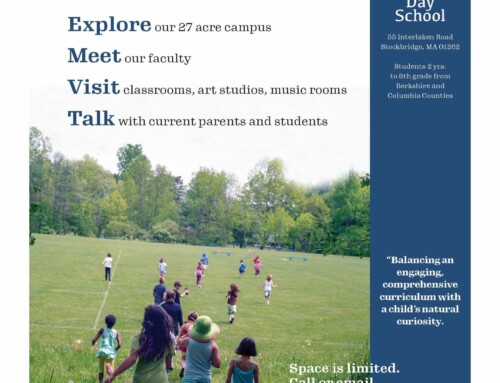Last week one of the first grade students asked me, “When are we going to do real science? You know, where we mix stuff together and there’s an explosion?” I was intrigued and decided that I wanted to find out more about what students were thinking in regards to science. The next time the students came to class I gave them pieces of paper with the words, “A scientist is…..” and asked them to finish the sentence and do a drawing to go along with their words. A few students wrote that scientists made potions. Several wrote that scientists made explosions. One or two wrote that scientists discover things. One student wanted to write about what mad scientists do, but I clarified that we were talking about regular scientists.
For our next lesson I took the same group of students out to the garden, where we turned our compost pile with a pitchfork to aerate it and observed the decomposition that had already taken place. We also placed a carved pumpkin in one corner of the garden and I explained that we were going to spend the next couple of weeks and months observing the pumpkin decompose. When we got back to the classroom, I asked the students to turn to the person next to them and talk for two minutes about the following question, “Is what we just did – turning the compost and placing the pumpkin in the garden – science?” I got a range of answers. One pair of students felt that what we had just done wasn’t science because it was something that they could do at home with their families. Another pair felt like it was science because what we had done reminded them of a lifecycle. The pumpkin would rot, provide nutrients for the soil, which would allow other plants to grow and produce; those plants would die and the cycle would continue. Needless to say, it was an interesting conversation.
For the next lesson, I read two books to the children. One book, What Are Scientists?, talked about how scientists study everything
and highlights all the different “ologists” that there are in the field of science. The second book, What is a Scientist?, talked about general things that all scientists do. “A scientist asks questions and tries different ways to answer them. A scientist notices details. A scientist draws what she sees” etc.
Hopefully these experiences have helped the first graders to at least start to think more broadly about what science is and what scientists do, and maybe, just maybe, to move past explosions!

